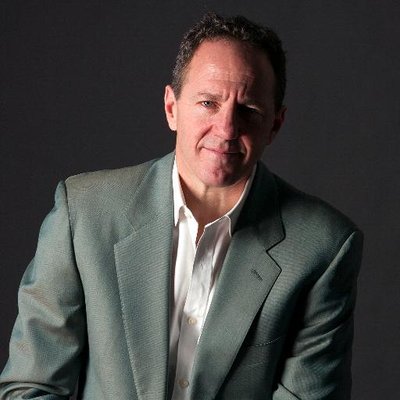You have /5 articles left.
Sign up for a free account or log in.
John Katzman is the founder and CEO of Noodle Partners. He agreed to answer my questions about B-Corp certification, Noodle’s growth and the need for independent research in the OPM space.
Q: Noodle is now a certified B-Corp. What does this mean? Why should universities care?
A: We designed Noodle to help lower the cost of excellent higher ed without diluting the experience or impact through cut corners like reduced student-to-faculty engagement or substandard learning design. We’ve built a more equitable financial model and can spread the cost of great technology and systems over many programs to the increasing benefit of schools and students.
We applied for B-Corp certification because I want to lock in that mandate and create the transparency that would make it harder for me and my successors to steer away from that goal. Further, this signals a definable commitment to our goals to prospective university partners, employees and investors.
A lot of organizations talk about their transparency and their commitment to sharing data, but few come through, and fewer use third-party agencies to key an eye on that commitment and hold them publicly accountable. We think B-Corp’s process and reporting adds accountability.
Q: In the press release on Noodle earning B-Corp status, there is the claim that “Since January 2019, Noodle has launched as many online programs with elite U.S. universities as have all of our competitors combined.” Can you back that claim up with data?
A: Like most companies in this space, we use HolonIQ as our data source to understand the growth of online learning in the U.S. market and the world. When their Q3 2020 OPX report was released, we looked at new degree program partners in the past two years with schools ranked in the top 200, and we were 46 percent of the total.
To answer your follow-up questions, Josh, the numbers don’t shift if you said top 100 or 300. And HolonIQ includes programs launched with such organizations as Coursera, 2U, EdX, Pearson, Wiley, etc.
I’m not saying we’re perfect. We’ve learned myriad lessons along the way, and continue to evolve our technology and the model itself. But the days of schools paying 50 or 60 percent of tuition to an OPM are largely over, and the days of paying 40 percent for just marketing and recruiting, as the MOOCs and others now do, will end this year.
Q: What role might Noodle play in supporting independent research on institutional and learner outcomes related to nonprofit/for-profit partnerships in the online learning space?
A: We have been working on our impact statement and are determined to answer the key questions of online and agile higher education: given the same university, faculty and admissions standards, can online education be less expensive for students, attract more diverse students and give better overall experience and results? We are excited to participate, and to encourage our universities to participate, in any study designed to answer those same questions.
Internally, we constantly study our programs and ourselves. For example, we review our org chart and compensation to look for unconscious bias around gender, ethnicity and sexual identity and report the data to our employees annually.
A related set of questions pertains to the efficacy of in-house programs versus those created and administered in partnership with Noodle. We assert that a collaborative approach will generate better programs and lower costs than a do-it-yourself model, based on the growing market clout and data we can bring as the convenor of a network of universities. And we would be delighted to partner on a study aimed at proving or disproving that assertion.




